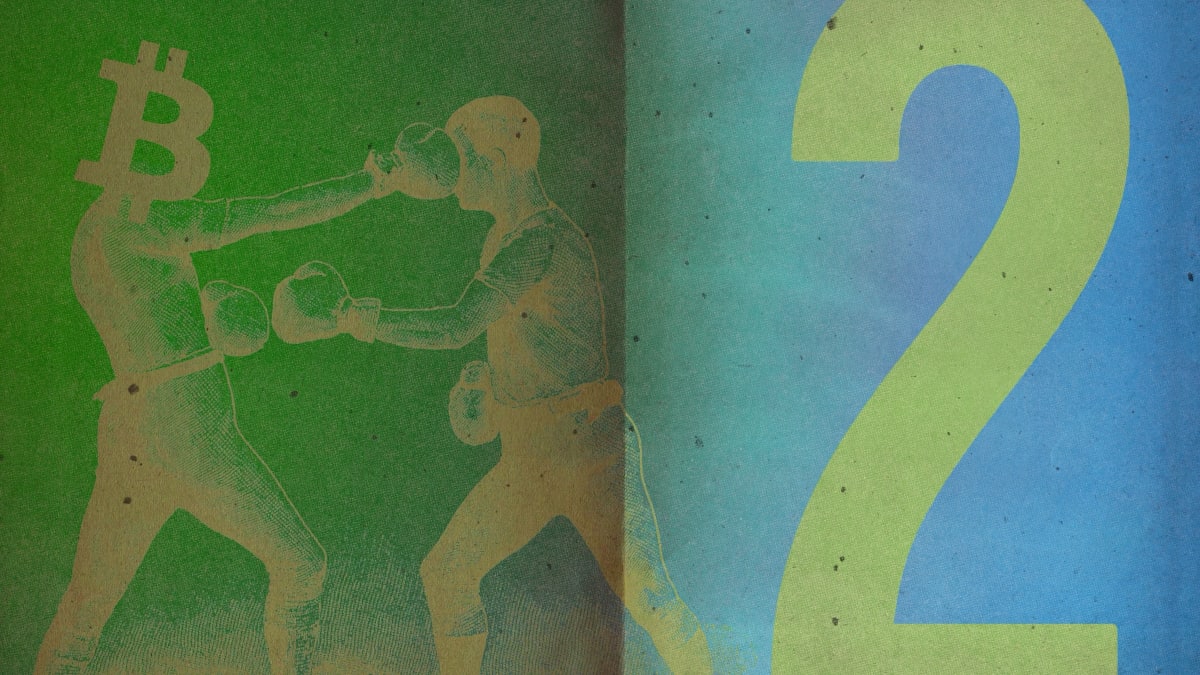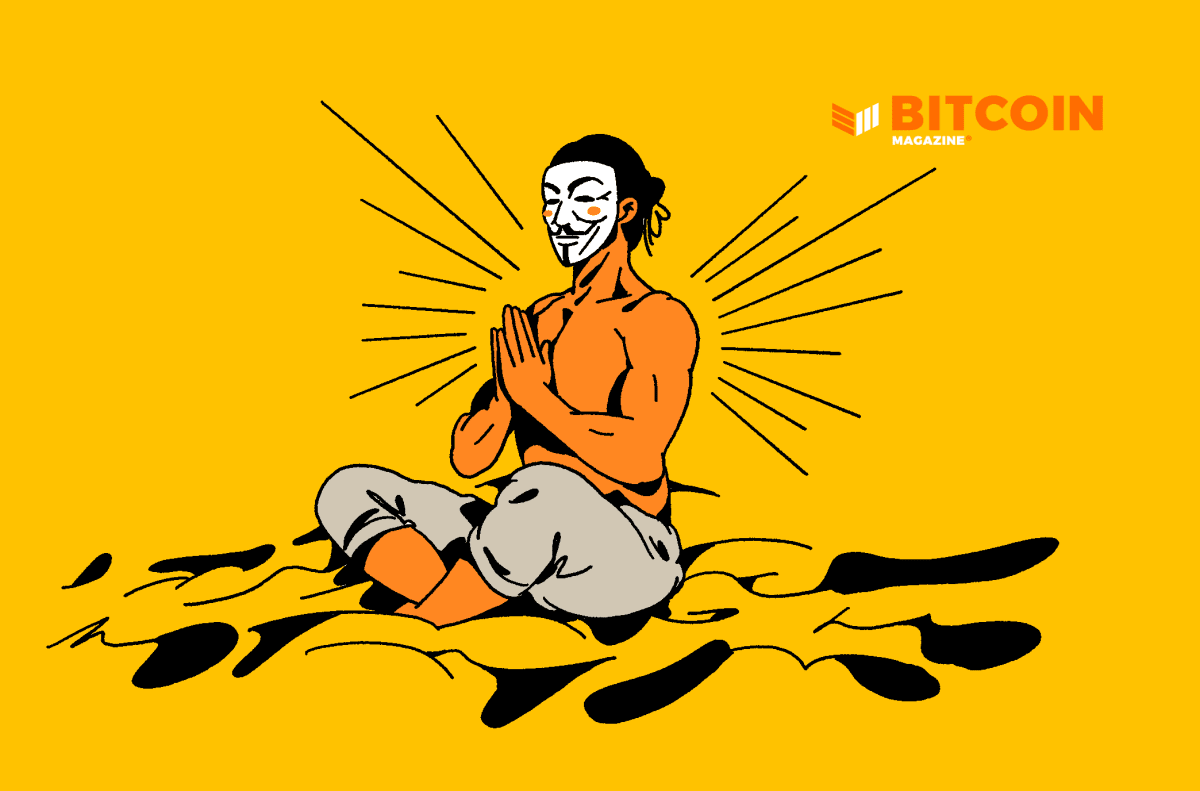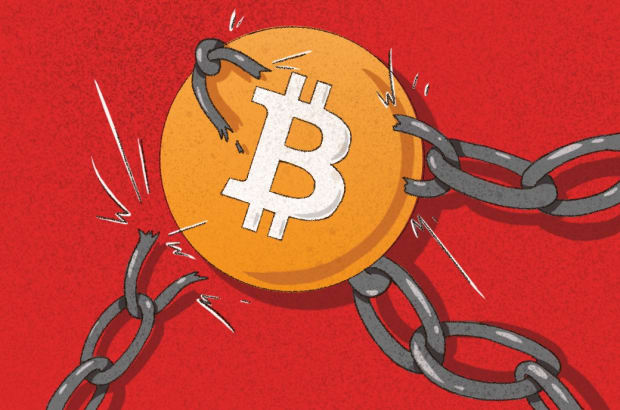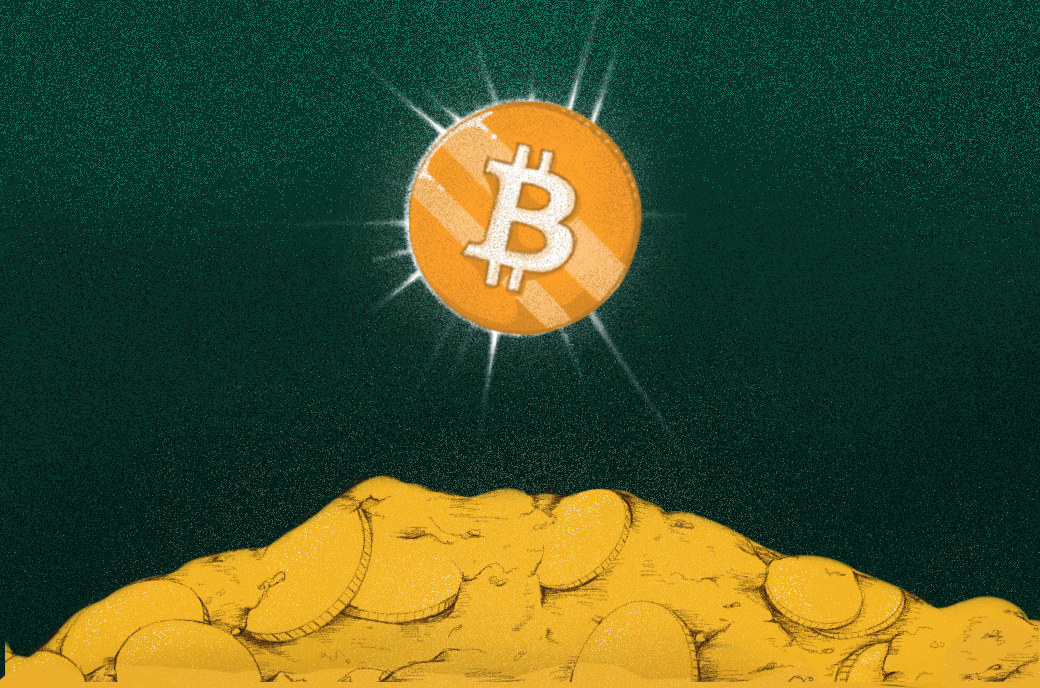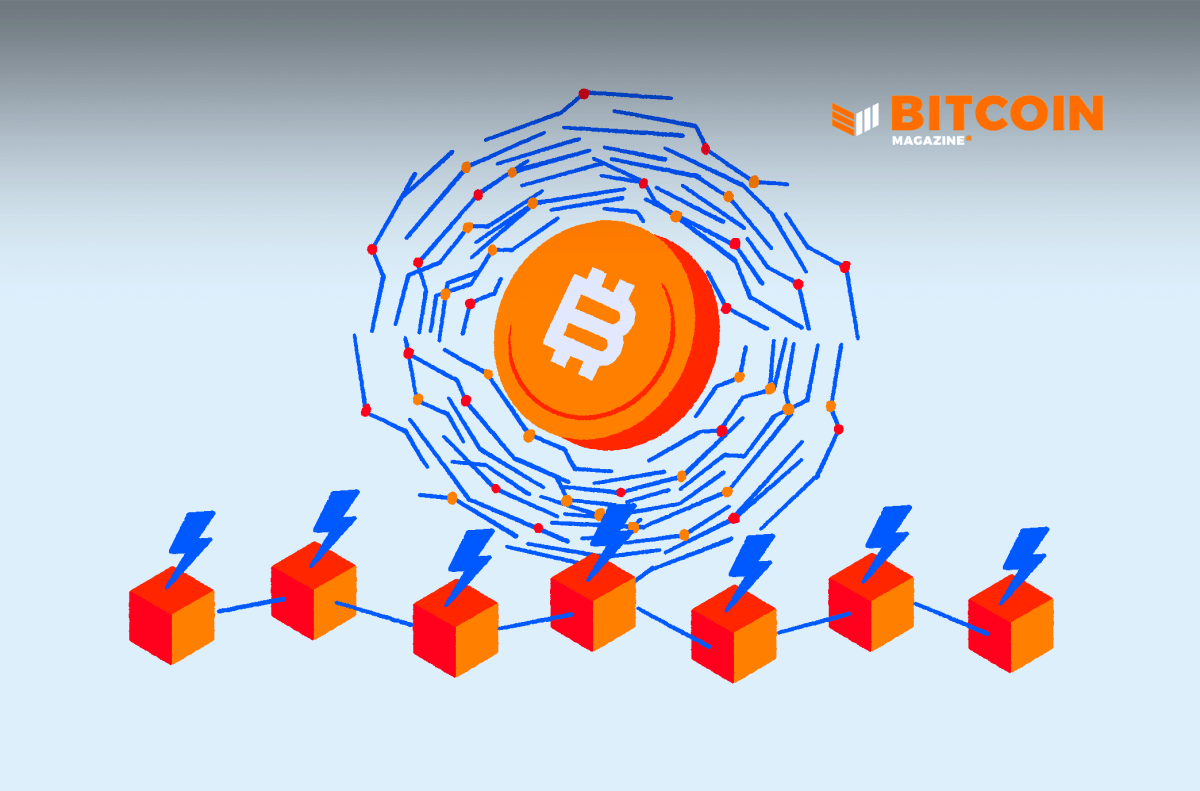West Virginia to Offer Blockchain Voting Options for Midterms

American troops serving overseas will be able to cast their votes in West Virginia through a mobile voting platform based on blockchain technology in the federal elections in November 2018.
The mobile voting platform, Voatz, will use facial recognition software to match each user’s “selfie-style video of their face” to their government-issued ID, according to a CNN report. Once approved, voters will be allowed to cast their ballot on the app. Ballots will then be anonymized and recorded on the blockchain.
Voatz is a Boston-based startup that combines internet-based voting with blockchain technology. The platform was created to encourage citizen engagement and tackle low participation in local elections.
West Virginia Secretary of State Mac Warner commented, “There is nobody that deserves the right to vote any more than the guys that are out there, and the women that are out there, putting their lives on the line for us.”
Warner also clarified some misconception that the app was going to replace traditional balloting, by saying it was an option and troops can still “cast paper ballots if they like.”
Earlier this year, state officials ran a pilot of the Voatz mobile app for deployed troops and their dependents in Harrison and Monongalia counties and found the results to be satisfactory.
Warner’s office also claimed in the report that “four audits of various components of the tool, including its cloud and blockchain infrastructure, revealed no problems.”
In a previous interview with Bitcoin Magazine, Voatz co-founder and CEO Nimit Sawhney said that Voatz has been working to connect disenfranchised citizens and ensuring that the platform remains accessible to all, regardless of geography or socioeconomic status.
“Aside from major government-issued IDs such as driver’s licenses, state IDs or passports, Voatz has experience using the 10 different kinds of official documents for the purposes of verifying a voter’s identity,” said Sawhney.
Charles Stewart III, a political scientist at MIT, credits West Virginia for being bold enough to trial the technology, even though he doesn’t yet believe the Voatz app is ready for “prime time.”
“There is something to be said sometimes for small-scale pilots where we can learn the trade-offs,” he remarked.
While enthusiasm has been building around using the blockchain for voting in the state, a couple of experts seem to oppose the idea.
Joseph Lorenzo Hall, the chief technologist at the Center for Democracy and Technology, believes “mobile voting is a horrific idea,” while Mark Schneider, president of Verified Voting, said “no” when asked if he thought mobile voting was a great idea.
Schneider believes a mobile app creates more opportunity for hacking and meddling.
Michael L. Queen, Warner’s deputy chief of staff, told CNN that officials would allow each county to decide whether they will use the app in the upcoming elections.
This article originally appeared on Bitcoin Magazine.



